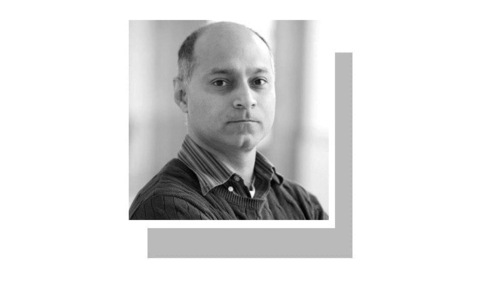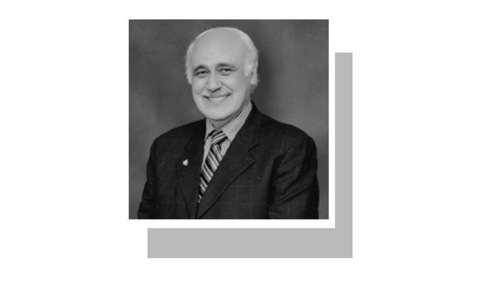STOCKHOLM: Sweden’s parliament on Monday narrowly elected conservative leader Ulf Kristersson as prime minister, leading the country’s first government to be shored up by the far-right Sweden Democrats.
Kristersson, 58, was elected by a wafer-thin majority of three votes, after announcing a deal on Friday to form a governing coalition comprising his Moderate Party, the Christian Democrats and the Liberals.
The government will be supported in parliament by its far-right ally, the anti-immigration, nationalist Sweden Democrats.
“I am thankful and glad for the trust I have received from parliament and also considerably humble before the tasks ahead of us,” Kristersson told a press conference following Monday’s vote. He is expected to present his new government on Tuesday.
The Sweden Democrats were the big winners in the closely fought September 11 general election.
They emerged as the second-largest party with a record 20.5 percent of votes, trailing only the Social Democrats, who have dominated Swedish politics since the 1930s.
The right-wing bloc now has 176 seats in parliament, to their left-wing rivals’ 173.
On Friday Kristersson’s four-party alliance unveiled a 62-page roadmap heavily influenced by the far-right agenda.
It promises major crackdowns on crime and immigration and the construction of new nuclear reactors.
“Sweden is a country that is facing several parallel crises at the same time,” said Kristersson.
Sweden Democrat leader Jimmie Akesson told parliament that while his party would have preferred to be in government and holding cabinet posts, the policies the coalition pursued were most important.
“It is what the government does that is important, not what the government looks like,” he said. Akesson accused past governments, on both left and right, of mismanaging the country.
“We are ready to support a new government... because we have made sure, through negotiations, that it will do enough of what is necessary to reverse this trend,” he said.
In its roadmap, the incoming government said it aimed to cut the number of refugees resettled in Sweden through the UNHCR from 6,400 last year to just 900 per year during its four-year mandate, introduce incentives to encourage immigrants to return home, and explore the feasibility of deporting foreigners based on “misconduct”.
Published in Dawn, October 18th, 2022














































